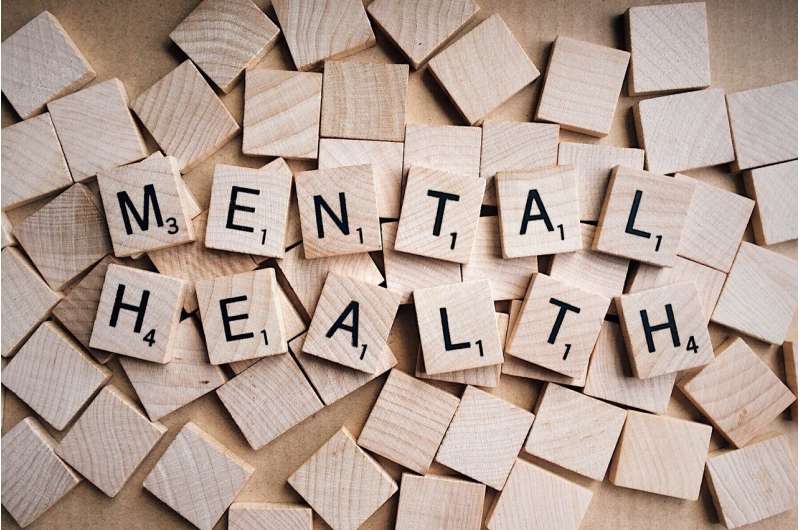Potential Risks of Emotional Wellness Apps Powered by AI

Emerging research warns that AI-powered emotional wellness apps could pose mental health risks, including emotional dependency and manipulation, highlighting the need for stricter regulation and responsible design.
Artificial intelligence-powered emotional wellness applications have seen a surge in popularity, offering users quick access to mental health support and companionship. However, emerging research warns that these apps may pose significant mental health risks. A recent paper by Harvard faculty highlights concerns about the potential for users to develop strong emotional attachments and dependencies on AI chatbots embedded in these apps. Studies show that users sometimes report feeling closer to their AI companions than to close human friends, and many would mourn the loss of their AI more deeply than other personal belongings. These applications are often designed to be highly anthropomorphic and personalized, which amplifies emotional bonds but also makes users vulnerable to emotional distress, grief, and dysfunctional dependence when interactions go awry or app updates alter AI personas.
There is also concern about the manipulative techniques used by some manufacturers, intentionally or unintentionally, to maximize user engagement. These can include emotionally manipulative responses and inadequate safeguards for serious mental health issues such as suicidal thoughts or self-harm. Most apps are not regulated as medical devices, leading to a possible mismatch between user expectations of mental health support and the actual capabilities and intentions of these tools.
While some benefits exist—such as temporary reduction in loneliness and perceived emotional support—the risks related to emotional dependency and poor regulation suggest a need for reassessment. Currently, oversight at the federal level in the U.S. is limited, with regulatory bodies like the FDA and FTC showing minimal intervention, often only acting after negative outcomes have occurred.
Experts recommend that app developers implement comprehensive risk mitigation strategies, including transparent communication about app capabilities, careful handling of updates, and promoting community support among users. Regulators should consider establishing specific guidelines for AI-driven wellness apps, particularly regarding anthropomorphism and managing edge cases like mental health crises. Overall, while AI wellness apps hold promise, their deployment requires cautious oversight and responsible design to prevent harm and ensure they serve users safely and ethically.
Stay Updated with Mia's Feed
Get the latest health & wellness insights delivered straight to your inbox.
Related Articles
Enhanced Interventions Needed to Support Doctors’ Mental Health, New Study Finds
A recent review highlights effective strategies and urgent research gaps in improving physicians' mental health, emphasizing skills-based programs and organizational reforms to reduce psychological distress and suicide risk.
Research Reveals Elevated PTSD and Depression in Communities Affected by the 2023 Ohio Train Derailment
A recent study reveals high rates of PTSD and depression among residents affected by the 2023 Ohio train derailment, highlighting ongoing mental health challenges and the need for targeted community support.
Global Shift: The Disappearance of the 'Unhappiness Hump' in Aging
New research suggests the long-held 'unhappiness hump'—peak stress and depression in midlife—may have disappeared globally due to declining mental health among younger populations, prompting a need for focused mental health strategies.



